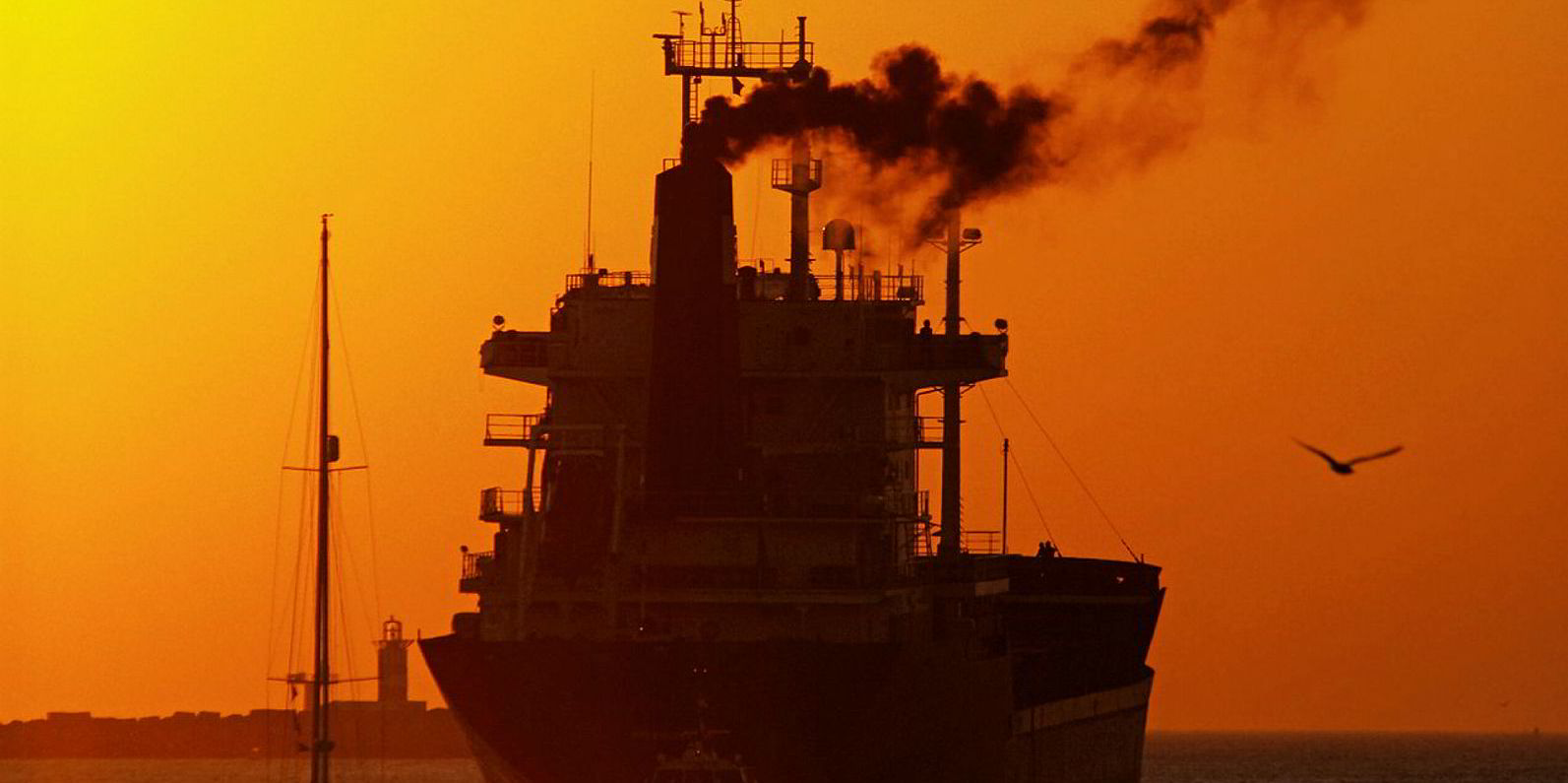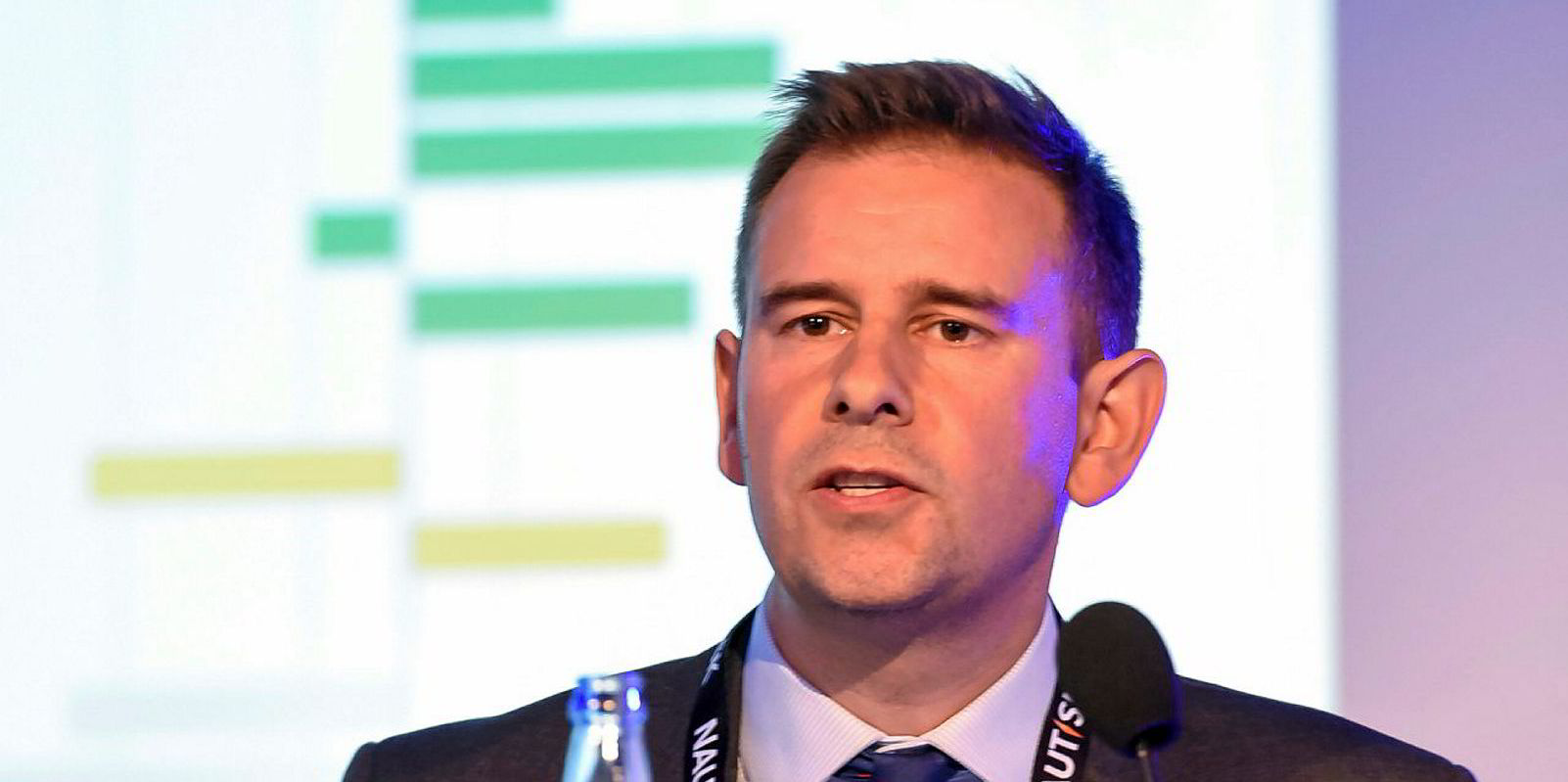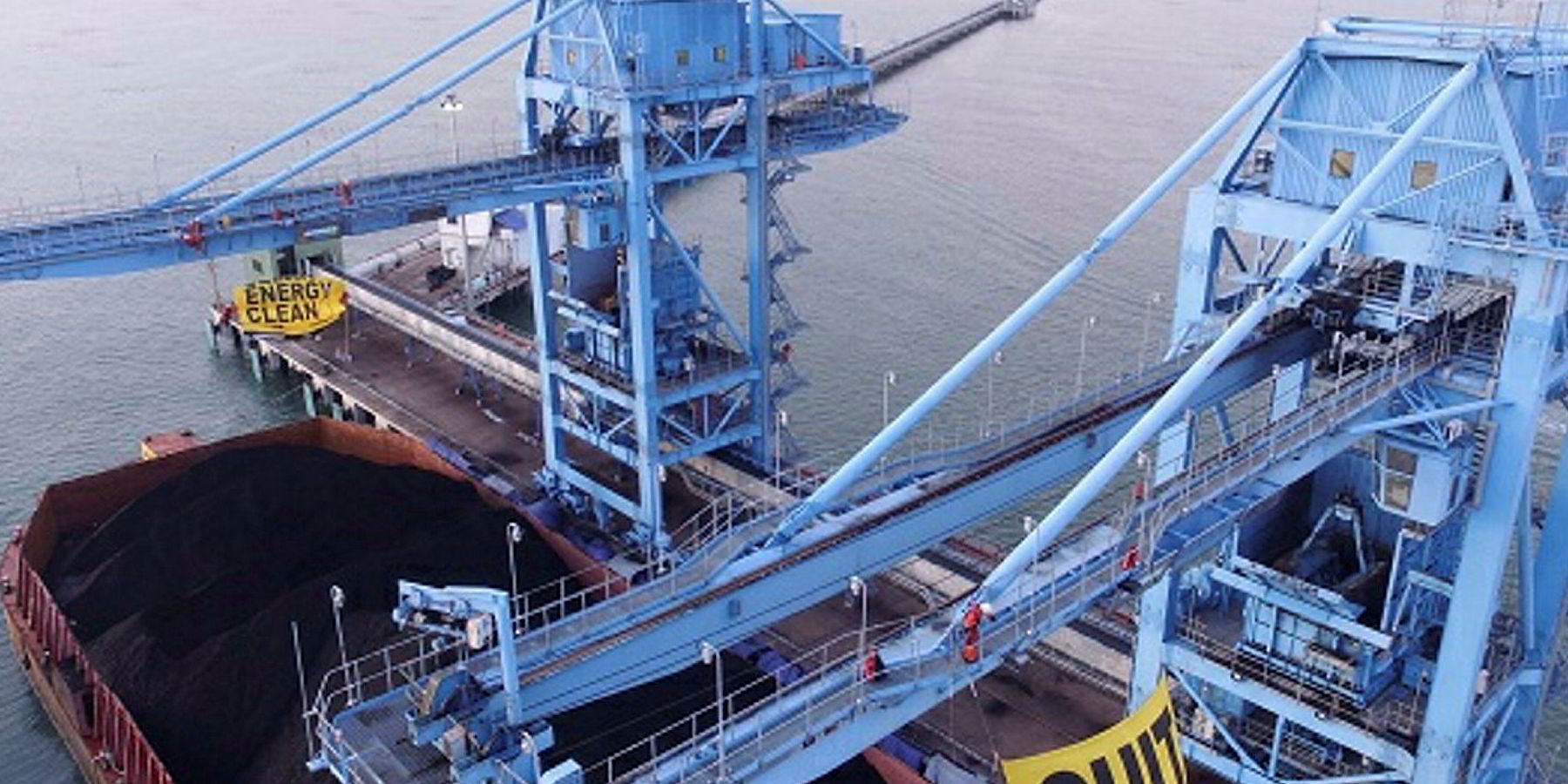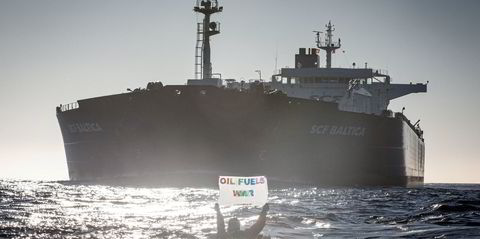Ensuring 2020 compliance on sulphur content in marine fuel is a huge test of the IMO’s will to enforce environmental regulations and will set a precedent for what is to come in cutting carbon emissions.
Moves by some countries that suggest they might not fully enforce the global reduction of sulphur levels in marine fuels from 3.5% to 0.5% have alarmed many people in the industry who want to ensure a level competitive playing field.
In July, Indonesia said it would not enforce the rule change on domestically registered vessels in local trades, but reversed its decision in August. It also appeared that India might take a similar course, before it confirmed it will uphold the new regulations.
Some in the industry are still voicing concern. Roger Strevens, vice president for global sustainability at Wallenius Wilhelmsen and chairman of the Trident Alliance, a group of ship operators committed to robust enforcement of the sulphur regulations, is one.
“It’s not just about those two countries,” he told TradeWinds.
“There may be a lot of countries sitting quietly on the sidelines watching to see how this plays out. It’s important to remember checking for compliance of this regulation is not like anything else. It requires a particular skills set and additional resources, which can mean additional operating cost for enforcement authorities.
“This is very important from the highest IMO perspective because member states have pushed this regulation through, which is good, but it’s a huge test of the IMO community’s political will whether they will fully and effectively implement and enforce it.

“Bringing a very costly regulation into effect with substandard enforcement is a precedent we should not want to set. If that’s what happens with sulphur, then there is every danger the same thing could happen when it comes to carbon emissions.”
Trident’s approach mirrors a joint call to commit to enforcing IMO 2020 made last month by the World Shipping Council (WSC), Bimco, the Cruise Lines International Association and International Parcel Tankers Association.
Also referring to reports suggesting some nations might not fully implement the expensive new rules, John Butler, president and chief executive of the WSC, said: “There is a lot at stake for the IMO community here. This regulation affects vessel operations 24/7/365, everywhere on the planet.
“This will be an important test case for IMO member states to demonstrate that they will exercise the political will to implement and enforce the fuel sulphur limits they have adopted.”
Strevens noted that port state control authorities are already stretched, and said an important element is whether Marpol VI signatories have transposed the 2020 regulations into national law.
“When the European emissions control area came into effect [in 2015] there were European countries that had not transposed the regulations into national law and had to scramble to close those gaps,” he said.
Some prominent banks and commodity traders expect IMO 2020 compliance to be around 85% — a level that could have an enormous effect on the oil sector, as well as shipping industry.
It would mean about one in 10 vessels is not compliant. “If you are competing against those outfits, then good luck,” Strevens said.






